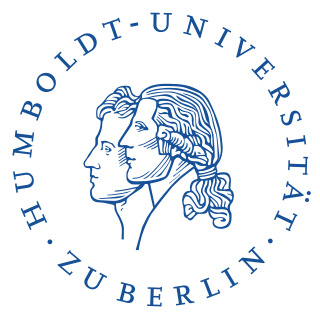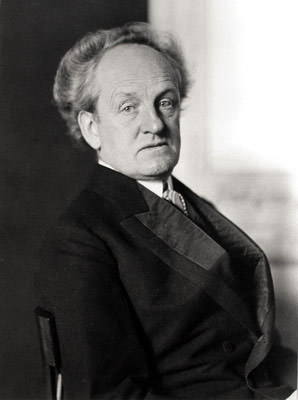Related Research Articles

Henri-Louis Bergson was a French philosopher, who was influential in the traditions of analytic philosophy and continental philosophy, especially during the first half of the 20th century until the Second World War, but also after 1966 when Gilles Deleuze published Le Bergsonisme. Bergson is known for his arguments that processes of immediate experience and intuition are more significant than abstract rationalism and science for understanding reality.

The Nobel Prizes are five separate prizes awarded to those who, during the preceding year, have conferred the greatest benefit to humankind, as established by the 1895 will of Swedish chemist, engineer, and industrialist Alfred Nobel, in the year before he died. Prizes were first awarded in 1901 by the Nobel Foundation. Nobel's will indicated that the awards should be granted in the fields of Physics, Chemistry, Physiology or Medicine, Literature, and Peace. A sixth prize for Economic Sciences, endowed by Sweden's central bank, Sveriges Riksbank, and first presented in 1969, is also frequently included, as it is also administered by the Nobel Foundation. The Nobel Prizes are widely regarded as the most prestigious awards available in their respective fields.
Events from the year 1919 in literature .
This article contains information about the literary events and publications of 1927.
This article contains information about the literary events and publications of 1859.

The Humboldt University of Berlin is a public research university in the central borough of Mitte in Berlin, Germany.

The University of Basel is a public research university in Basel, Switzerland. Founded on 4 April 1460, it is Switzerland's oldest university and among the world's oldest surviving universities. The university is traditionally counted among the leading institutions of higher learning in the country.

The Lycée Henri-IV is a public secondary school located in Paris. Along with the Lycée Louis-le-Grand, it is widely regarded as one of the most prestigious and demanding sixth-form colleges (lycées) in France.

Moina Mathers, born Mina Bergson, was an artist and occultist at the turn of the 20th century. She was the sister of French philosopher Henri Bergson, the first man of Jewish descent to be awarded the Nobel Prize for Literature in 1927. She is, however, more known for her marriage to the English occultist, Samuel Liddell MacGregor Mathers, one of the founders of the organisation Hermetic Order of the Golden Dawn and, after his death in 1918, for being the head of a successor organisation, called the Rosicrucian Order of Alpha et Omega.
Events from the year 1914 in France.
Events from the year 1941 in France.
Events from the year 1924 in France.
Events from the year 1913 in France.
Events from the year 1907 in France.
Events from the year 1866 in France.
Events from the year 1859 in France.

The 1950 Nobel Prize in Literature was awarded the British philosopher Bertrand Russell (1872–1970) "in recognition of his varied and significant writings in which he champions humanitarian ideals and freedom of thought." He is the fourth philosopher to become a recipient of the prize after the French analytic-continental philosopher Henri Bergson in 1927, and was followed by the French-Algerian existentialist Albert Camus in 1957. He is also the fifth British author to be awarded.

The 1912 Nobel Prize in Literature was awarded to the German dramatist and novelist Gerhart Hauptmann (1862–1949) "primarily in recognition of his fruitful, varied and outstanding production in the realm of dramatic art." He is the fourth German author to become a recipient of the prize after Paul Heyse in 1910.

The 1928 Nobel Prize in Literature was awarded to the Danish-born Norwegian novelist Sigrid Undset (1882–1949) "principally for her powerful descriptions of Northern life during the Middle Ages." She is the third female recipient of the literature prize.

The 1927 Nobel Prize in Literature was awarded to the French philosopher Henri Bergson (1859–1941) "in recognition of his rich and vitalizing ideas and the brilliant skill with which they have been presented." He was the second philosopher to gain the Nobel Prize after Rudolf Christoph Eucken won in 1908.
References
- ↑ "The Nobel Prize in Literature 1927 - Henri Bergson". Nobelprize.org. Retrieved 25 February 2013.